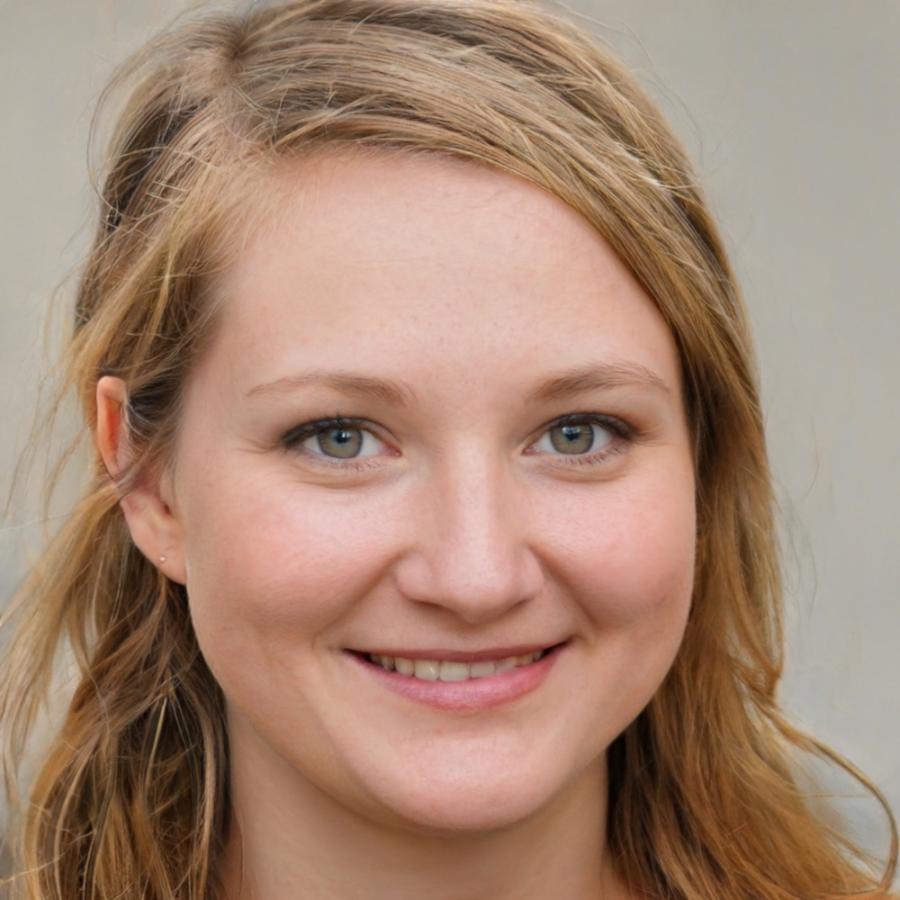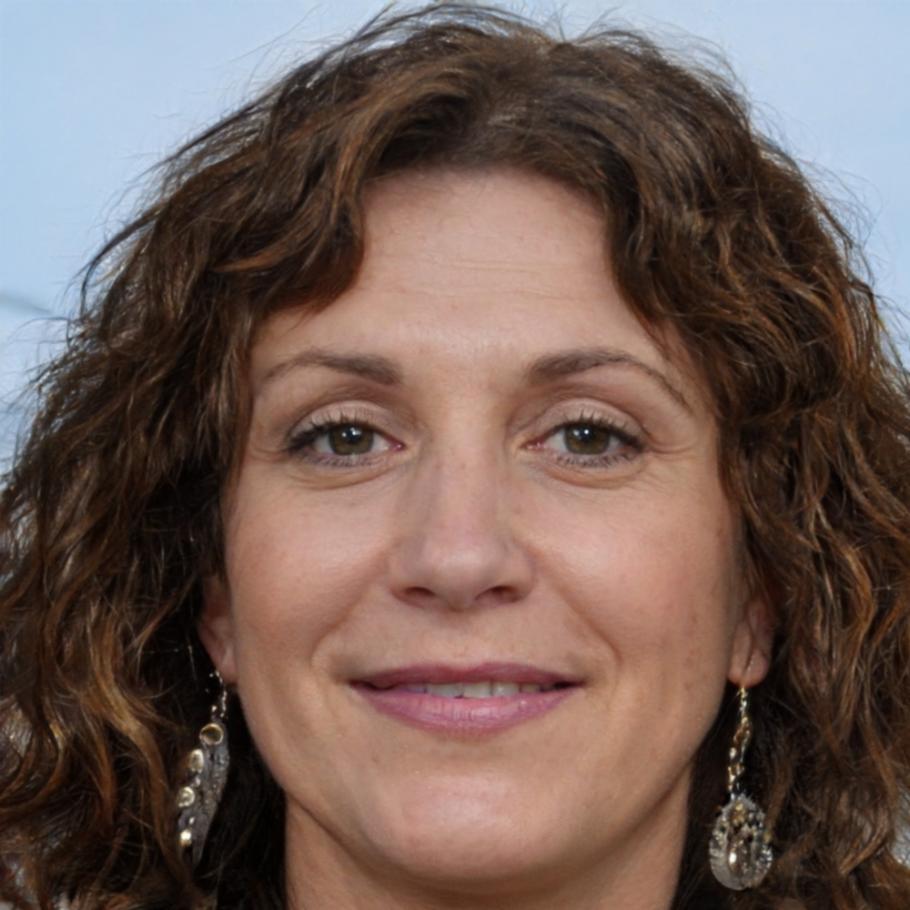Real Sessions, Not Lectures
Tuesday and Thursday evenings, 7pm to 8:30pm. We meet online because that's what works for most schedules. Small groups of eight to ten people.
Each session includes some teaching, but mostly it's working through your own numbers. You'll leave with homework that takes maybe twenty minutes. Nothing theoretical.
Between sessions, you have access to the group chat. Questions come up when you're actually doing the work, not during class time. That's when having instructors available matters most.
Sessions are recorded, so if you miss one, you won't fall behind. Life happens. The program accounts for that.




